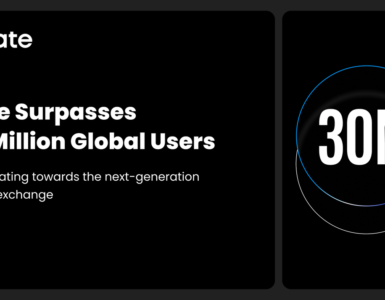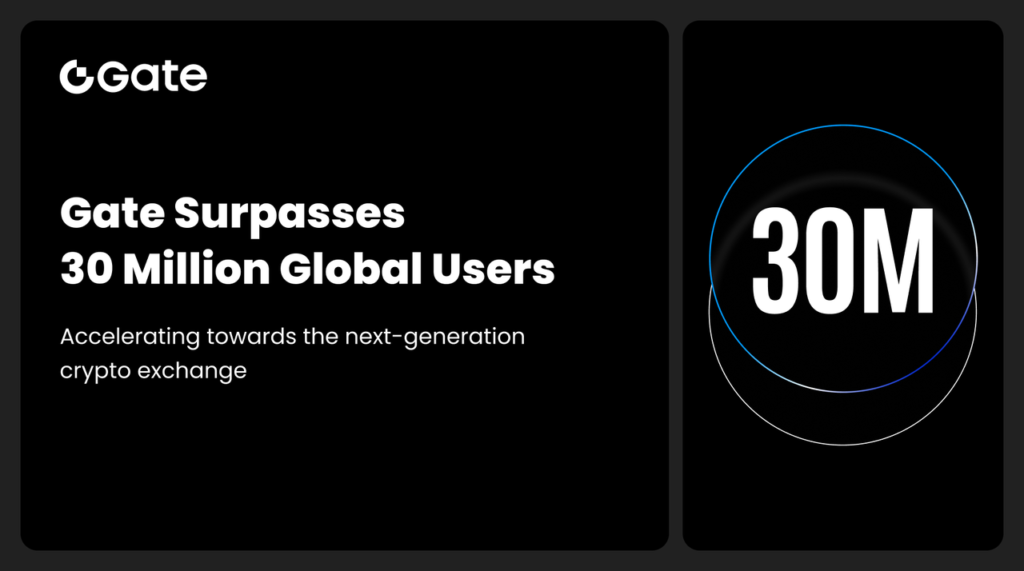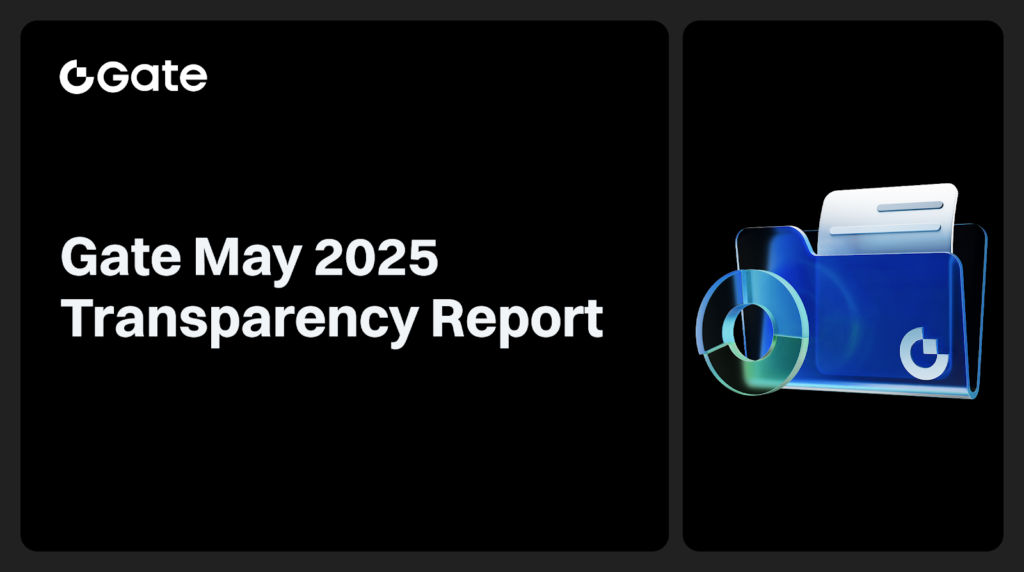Introduction to Artificial Intelligence in Web 3
Artificial intelligence (AI) is becoming an increasingly important component of the decentralized web. Here are some examples of how AI is being used in Web 3:
Decentralized Machine Learning
Decentralized machine learning is a technique that allows multiple nodes on a decentralized network to collaborate on machine learning tasks. This can provide increased security and privacy compared to traditional centralized machine learning.
AI-Powered Smart Contracts
AI-powered smart contracts are being developed to provide more advanced and flexible contract functionality. By using AI algorithms to process and analyze data, smart contracts can become more intelligent and adaptive.
Decentralized Autonomous Organizations (DAOs)
Decentralized autonomous organizations (DAOs) are organizations that are run by rules encoded as computer programs. AI can be used to help automate decision-making within a DAO, making it more efficient and effective.
Advantages of AI in Web 3

There are several advantages to using AI in Web 3. Here are some examples:
Increased Efficiency
AI can help automate and streamline processes on decentralized networks, leading to increased efficiency and lower costs.
Improved Security
AI can help improve security on decentralized networks by detecting and responding to security threats in real-time.
Enhanced Personalization
AI can be used to create more personalized experiences for users on decentralized networks. By analyzing user data, AI algorithms can provide more relevant and targeted recommendations and services.
Challenges and Limitations of AI in Web 3
While AI has significant potential for Web 3, there are also challenges and limitations to consider. Here are some examples:
Complexity
AI can be complex, and it can require significant expertise and resources to develop and implement AI algorithms on decentralized networks.
Data Privacy
Data privacy is a critical consideration for AI in Web 3. Decentralized networks may introduce new privacy risks, and it is important to ensure that user data is protected and used ethically.
Bias and Fairness
AI algorithms can be biased, and it is important to ensure that algorithms are developed and implemented in a way that is fair and equitable for all users.
Future of AI in Web 3
The future of AI in Web 3 is promising. Here are some trends to watch:
Federated Learning
Federated learning is a technique that allows machine learning models to be trained on decentralized networks without requiring centralized access to data.
Explainable AI
Explainable AI is a trend that aims to make AI algorithms more transparent and understandable to users. This is important for ensuring trust and accountability in AI-powered systems.
Collaborative AI
Collaborative AI involves multiple AI agents working together to achieve a common goal. This can be useful for decentralized networks where multiple nodes need to collaborate on a task.
Use Cases for AI in Web 3
AI has numerous use cases in the decentralized web. Here are some examples:
Content Moderation
AI algorithms can be used to moderate content on decentralized networks. This can help prevent the spread of harmful or inappropriate content.
Fraud Detection
AI can be used to detect fraud on decentralized networks. By analyzing transaction data, AI algorithms can identify patterns that may indicate fraudulent activity.
Predictive Analytics
AI algorithms can be used for predictive analytics on decentralized networks. This can help businesses and organizations make more informed decisions based on data analysis.
Best Practices for Developing AI in Web 3
Developing AI algorithms for Web 3 requires careful planning and attention to detail. Here are some best practices for developers:
Privacy and Security
Privacy and security are critical considerations for AI in Web 3. Developers should prioritize data privacy and ensure that AI algorithms are secure and resistant to attacks.
Transparency and Accountability
Transparency and accountability are important for ensuring that AI algorithms are used ethically and fairly. Developers should be transparent about how AI algorithms are being used and should be accountable for any negative consequences that may result from their use.
Interoperability
Interoperability is important for ensuring that AI algorithms can work together seamlessly on decentralized networks. Developers should design AI algorithms with interoperability in mind to avoid compatibility issues.
Case Study: AI-Powered Decentralized Prediction Markets
Prediction markets are a popular application of blockchain technology that allow users to bet on the outcome of future events. Here are some examples of AI-powered prediction markets:
Augur
Augur is a decentralized prediction market platform that uses AI algorithms to help resolve disputes between users. Augur’s AI algorithms analyze data from multiple sources to determine the outcome of events.
Gnosis
Gnosis is another decentralized prediction market platform that uses AI algorithms to help predict the outcome of future events. Gnosis’ AI algorithms analyze data from multiple sources to provide more accurate predictions.
Challenges and Limitations of AI in Web 3
While AI has significant potential for Web 3, there are also challenges and limitations to consider. Here are some examples:
Scalability
AI algorithms can be computationally intensive and require significant processing power. This can be challenging on decentralized networks with limited resources.
Bias and Fairness
AI algorithms can be biased, which can lead to unfair or discriminatory outcomes. It is important to ensure that AI algorithms are developed and implemented in a way that is fair and equitable for all users.
Lack of Regulation
AI is a rapidly evolving technology, and there is currently a lack of regulation around its use in Web 3. This can lead to ethical and legal concerns around the use of AI algorithms.
Future of AI in Web 3
The future of AI in Web 3 is promising, but there are also challenges and limitations to consider. Here are some trends to watch:
Privacy-Preserving AI
Privacy-preserving AI is a trend that aims to provide the benefits of AI while preserving user privacy. This can be important for decentralized networks where privacy is a critical consideration.
Explainable AI
Explainable AI is a trend that aims to make AI algorithms more transparent and understandable to users. This is important for ensuring trust and accountability in AI-powered systems.
Ethical AI
Ethical AI involves designing AI algorithms with ethical considerations in mind. This can help ensure that AI is used in a way that is fair, equitable, and beneficial for all users.
The Role of AI in Decentralized Finance (DeFi)
Decentralized finance (DeFi) is an area where AI is being used to great effect. Here are some examples:
Automated Market Makers (AMMs)
Automated market makers (AMMs) are algorithms that determine the price of assets on decentralized exchanges. AI-powered AMMs can provide more efficient and accurate pricing, leading to increased liquidity on decentralized exchanges.
Risk Management
AI algorithms can be used to manage risk in DeFi. By analyzing market data and identifying potential risks, AI algorithms can help DeFi protocols make more informed decisions about risk management.
Predictive Analytics
AI algorithms can be used for predictive analytics in DeFi. By analyzing historical data and identifying patterns, AI algorithms can provide more accurate predictions about market trends and price movements.
Advantages of AI in DeFi
There are several advantages to using AI in DeFi. Here are some examples:
Increased Efficiency
AI algorithms can help automate processes on decentralized networks, leading to increased efficiency and lower costs.
Improved Risk Management
AI algorithms can help DeFi protocols better manage risk, leading to more stable and reliable systems.
Enhanced User Experience
AI algorithms can be used to create more personalized experiences for users on decentralized networks. By analyzing user data, AI algorithms can provide more relevant and targeted recommendations and services.
Challenges and Limitations of AI in DeFi
While AI has significant potential for DeFi, there are also challenges and limitations to consider. Here are some examples:
Complexity
AI can be complex, and it can require significant expertise and resources to develop and implement AI algorithms in DeFi.
Data Privacy
Data privacy is a critical consideration for AI in DeFi. DeFi protocols may introduce new privacy risks, and it is important to ensure that user data is protected and used ethically.
Bias and Fairness
AI algorithms can be biased, and it is important to ensure that algorithms are developed and implemented in a way that is fair and equitable for all users.
Future of AI in DeFi
The future of AI in DeFi is promising. Here are some trends to watch:
Explainable AI
Explainable AI is a trend that aims to make AI algorithms more transparent and understandable to users. This is important for ensuring trust and accountability in AI-powered DeFi protocols.
Privacy-Preserving AI
Privacy-preserving AI is a trend that aims to provide the benefits of AI while preserving user privacy. This can be important for DeFi protocols where privacy is a critical consideration.
Interoperable AI
Interoperable AI involves designing AI algorithms that can work seamlessly with other protocols and systems on decentralized networks. This can help ensure that AI is widely adopted and effective in DeFi.
Conclusion
AI is becoming an increasingly important component of the decentralized web. While there are challenges and limitations to consider, there are also significant advantages and opportunities for further development and innovation. Federated learning, explainable AI, and collaborative AI will be important trends to watch as the Web 3 ecosystem continues to evolve.













